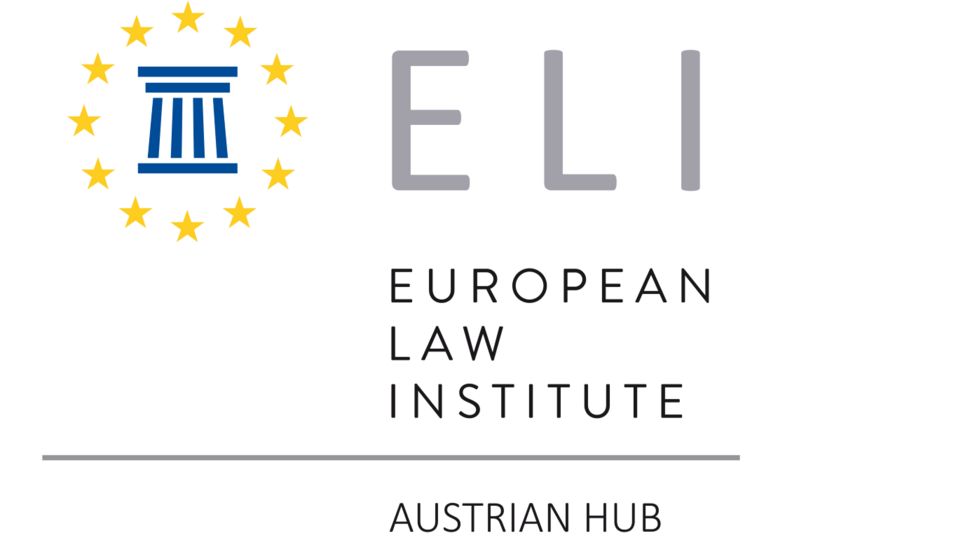The guest lecturer was Giorgio Monti (Professor at the Tilburg Law School and part-time professor at the Robert Schuman Centre for Advanced Studies of the European University Institute), who gave his second lecture within the lecture series.
In his presentation, Professor Monti reviewed the European Commission's proposal for a Digital Markets Act (DMA) and gave a brief overview of the main advantages and disadvantages of such an ex-ante regulatory instrument. In the triangle between third-party resellers, platform providers and consumers, the DMA aims for a just distribution between the parties involved. It does so by applying the (undefined) concepts of fairness and contestability to the digital marketplace.
Professor Monti argued that the DMA should be interpreted in light of a so-called ‘responsive regulation’. According to this idea, regulation should always start with a dialogue between stakeholders and fines should be imposed as late as possible, in a differentiated manner and only for systematic non-compliance.
The lecture was closed by a lively discussion.

